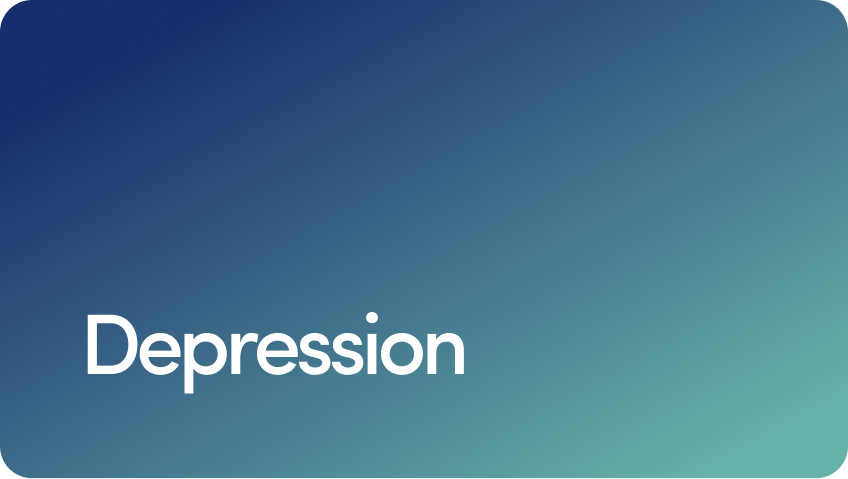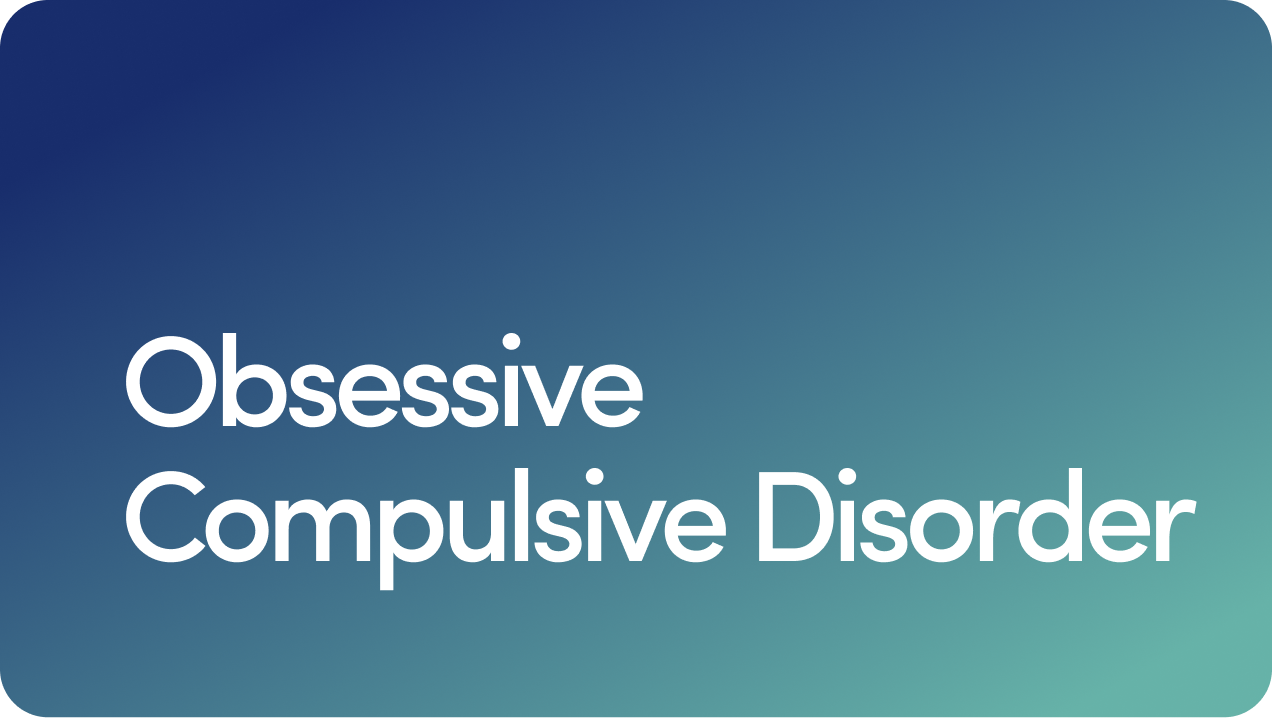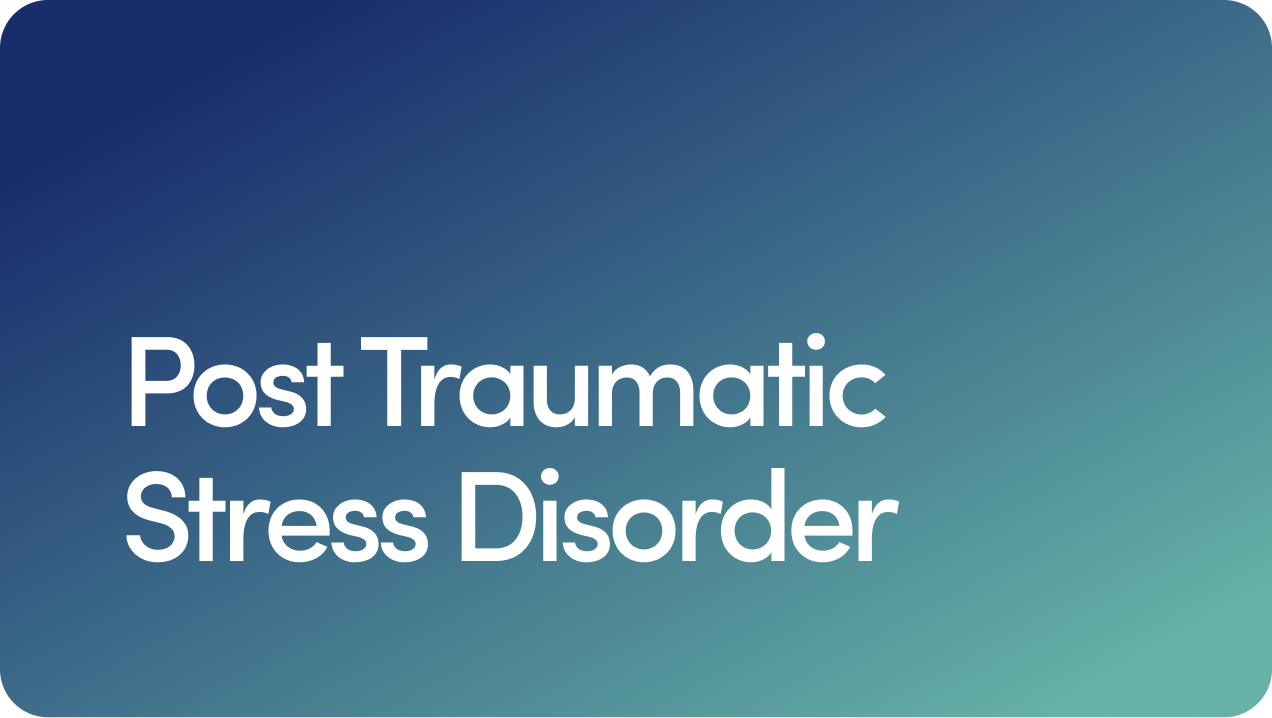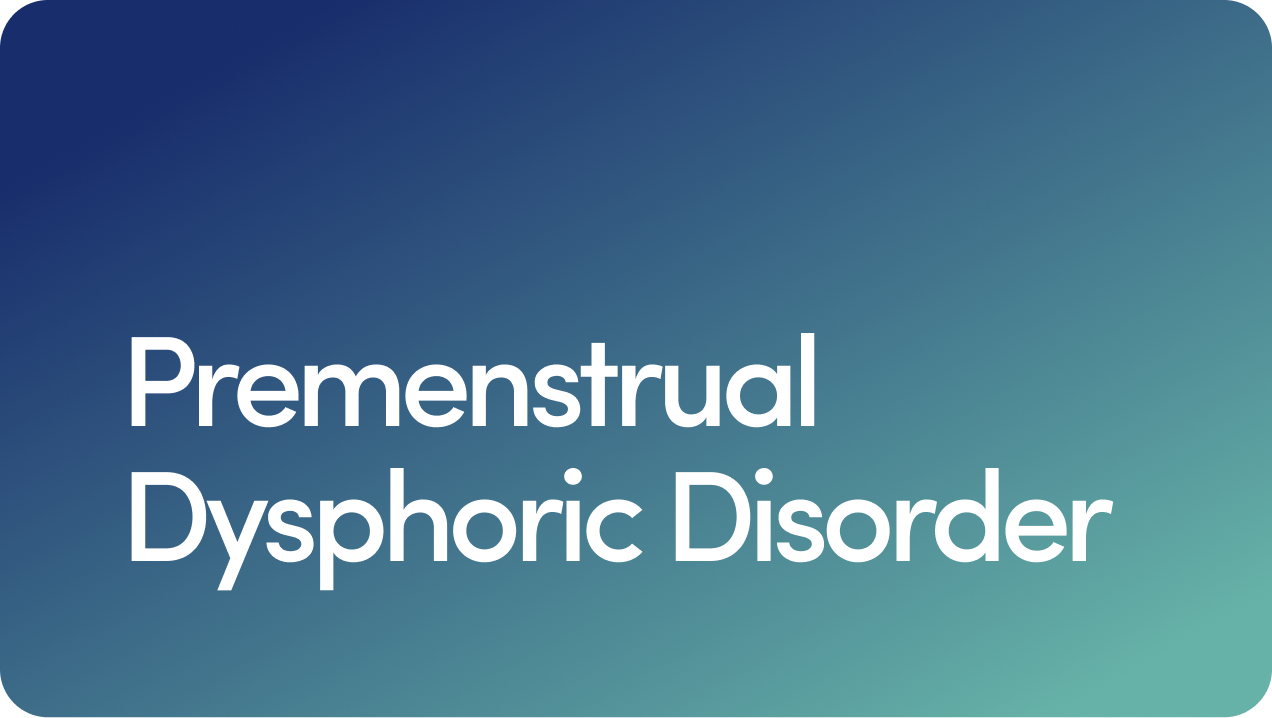Content
Whatever it is, Hers can help
The Surgeon General Says Parents Must Protect Their Children from the Dangers of Social Media

Written by Daniel Z. Lieberman, MD
Updated 07/10/2023
The past few years have taken a toll on the mental health of all of us, especially young people. There are several reasons for this mental health crisis, most notably the disruptions caused by the COVID-19 pandemic.
But according to a recent report by the U.S. Surgeon General, there’s another reason, one that’s more insidious and may ultimately be more difficult to address: the toxic relationship between mental health and social media.
Content
A 2019 study of over 6,500 U.S. teens looked at the association between time spent on social media and mental health problems. When compared to no use, mental health symptoms (like feeling depressed, feeling anxious, or having trouble sleeping) were over 1.5 times more likely in those using social media more than 3 hours per day.
Three hours may sound like a lot of scrolling, but a separate study found that 8th and 10th graders spent an average of 3.5 hours per day on social media. Clearly, our children are at risk.
The Surgeon General’s report acknowledged that there could be benefits to social media use. In a best-case scenario, social media can provide a sense of community with people who share similar interests as well as a space for self-expression.
But the risks are real. They include young people being exposed to pornography, violence, hate-based content, and cyberbullying. Social media use also increases the risk of anxiety and depression, body image issues, low self-esteem, eating disorders, and sleep disruption, just to name a few.
A 2022 survey found parents of teens are aware of the dangers of social media. They are worried that their child’s use of social media could allow access to inappropriate content, promote time-wasting or homework interference, and create a pressure to act in unhealthy ways. They are also worried that it may result in anxiety or depression, low self-esteem, and bullying.
But providing the protection that children need is an uphill battle. Nearly 70% of parents say parenting is now more difficult than it was 20 years ago, with technology and social media cited as reasons.
As the parent of two boys, I can sympathize. When they asked for smartphones at a young age, I was against it. I remembered my childhood, spending time with friends outside and playing games that involved imagination and physical activity.
I wanted my children to experience the opportunities for fun, companionship, and healthy growth that I did. But they argued that without access to social media, they’d miss out on important social activities and end up isolated and unpopular. What can a parent do?
For my wife and I, the answer was compromise. We gave in and bought them smartphones, but also encouraged their interest in youth soccer. We spent countless hours driving to games so they would have something to be proud of and excited about that went beyond likes and views.
We need to do something.
The good news is that limiting the use of social media and spending more time offline brings important mental health benefits. An experimental study involving 143 college students found that limiting social media use to 30 minutes per day, over 3 weeks, significantly lessened symptoms of depression and loneliness.
The Surgeon General’s report recommends several strategies parents can use to promote a healthier relationship with social media and to lessen the dangers of social media for youth.
1. Develop a Plan
The first step is to develop a plan. Agreed-upon expectations can help establish healthy technology boundaries at home.
It can promote open family discussions about social media use as well as conversations about safe strategies, such as avoiding dangerous, disturbing content and not disclosing personal information. You can learn more about creating a healthy plan at www.healthychildren.org/MediaUsePlan.
2. Give Your Children Your Full Attention
The report also recommends modeling responsible social media behavior. When you’re with your children, put your phone away and give them your full attention.
It will help to strengthen your relationship and encourage them to share their ups and downs. Should a problem arise, related to social media or something else, you’ll be in a better position to provide support.
3. Share Rules Family-to-Family
Finally, work with other parents to establish shared rules for social media use. Unhealthy habits are often driven by peer pressure. If friends and classmates use social media healthily, it makes it easier for everyone.
Take Action!
The Surgeon General's report sheds light on the risks of excessive use of social media. Parents must take action to create a safer digital environment by establishing clear boundaries, fostering open discussions, modeling responsible behavior, and collaborating with other parents.
By doing so, we can promote the well-being and safeguard the future of our children.
This article is for informational purposes only and does not constitute medical advice. The information contained herein is not a substitute for and should never be relied upon for professional medical advice. Always talk to your doctor about the risks and benefits of any treatment. Learn more about our editorial standards here.
Related Articles
Related Conditions
 Anxiety
Anxiety
 Depression
Depression
 OCD
OCD
 PTSD
PTSD
 Bipolar Disorder
Bipolar Disorder
 Premenstrual Dysphoric Disorder
Premenstrual Dysphoric Disorder